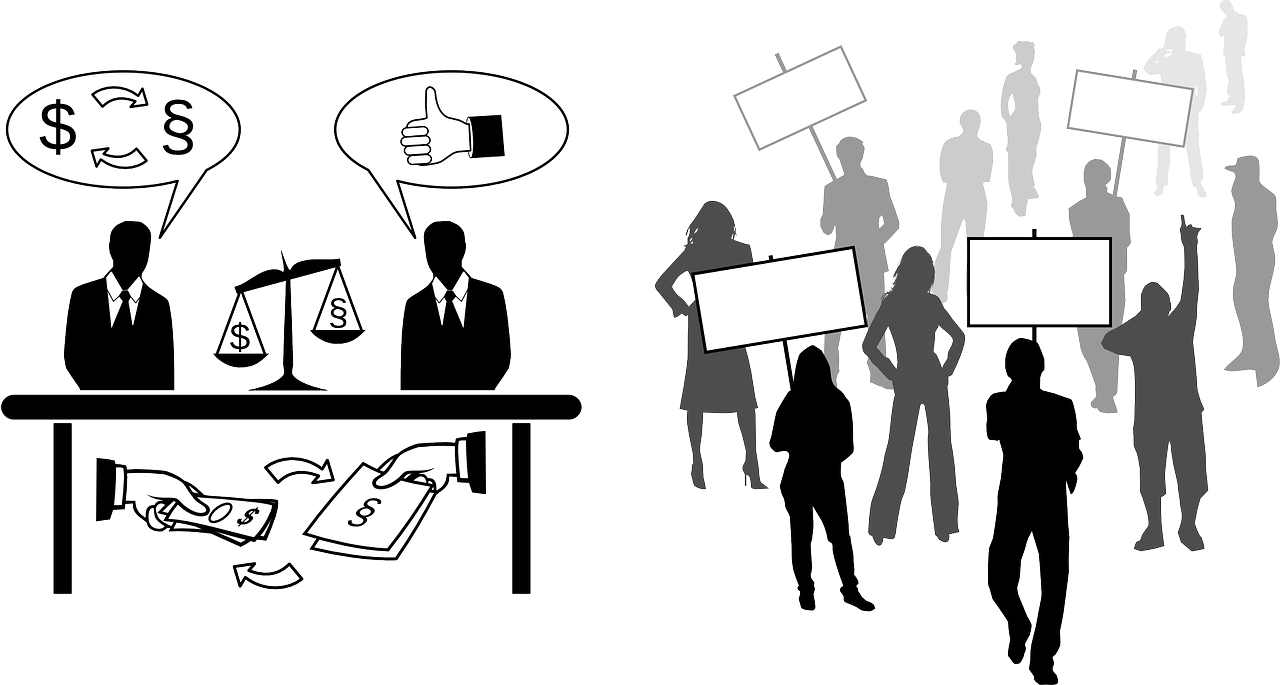The Policy corner of the Global Fund : Policy to Combat Fraud and Corruption
- December 16, 2022
- Policy Corner / The Global Fund
- By Djesika Amendah

The Global Fund Policy to Combat Fraud and Corruption
The Global Fund applies a zero-tolerance towards Fraud and Corruption. Here is in plain language the highlight of the Policy to Combat Fraud and Corruption. We illustrate with examples emanating from the Office of the Inspector General audit or investigation reports in African Countries
Why is it important to combat fraud and corruption?
Fraud and corruption divert funds, medicines, and other health and non-health commodities away from countries and people who need them.
What are Fraud, corruption, and related practices?
Fraud: any act or omission, including a misrepresentation, that knowingly or recklessly misleads, or attempts to mislead, a party to obtain a financial or other benefit or to avoid an obligation
Corruption: offering, giving, receiving, or soliciting, directly or indirectly, of anything of value to influence improperly the actions of another party.
Note: corruption is not only money changing hands; it can be anything of value, sometimes it is the employment of relatives, etc.
Illustration: an OIG report on corruption and fraud in Zambia to conceal the theft of health and non-health commodities
Coercion: impairing or harming, intimidating or threatening to do any one of those actions to someone or his/her property to force that person to influence improperly the actions of a party.
Illustration: an OIG report on coercion for sexual exploitation, abuse, and harassment in Ghana.
Collusion is an arrangement between two or more parties designed to achieve an “improper purpose” like foiling a competitive process, theft, or embezzlement.
Illustration: an OIG report that explained how implementers colluded with suppliers in a contract worth US$ 104,000 involving lodging, boarding, and room rental services for a training workshop in DRC.
Abuse includes theft, misappropriation, embezzlement, waste, or improper use of funds, medication, health, and property on purpose or by negligence.
Illustration: OIG report on salary abuse in Nigeria and Indonesia where employees of the Global Fund grants were required to return a portion of their salary to the organization funds revolving funds.
Obstruction makes it difficult to collect evidence through several means. For example, by destroying, altering, hiding, or making false statements to prevent a Global Fund investigation, audit, or any other type of inquiry. Sometimes, obstruction consists in threatening or harassing someone who has the information so the person does not disclose something useful to an inquiry. Obstruction can also be not reporting what one knows promptly.
Illustration: an OIG on how Tana manufacturing which is alleged to produce mosquito nets non-conform to the requirements refused to cooperate with the OIG investigation and provide documents related to manufacturing, payments, etc.
Retaliation: vengeance towards someone who refused to participate in a Fraud or Corruption scheme or someone who revealed it
Money Laundering: hiding the origin of money obtained through theft, fraud, or corruption.
Financing Terrorism: getting money into the hands of people who kill indiscriminately to advance their cause
Who should avoid Fraud and Corruption in the Global Fund ecosystem?
Anyone who is working with the Global Fund. Below is a list:
At the headquarters– Governance officials Board: members, alternates, focal points, committee members, and any other advisory or affiliate body of the Global Fund like the Technical Review Panel members.
The Secretariat and Office of the Inspector General employees, secondees, and interns;
At the country level: Governance officials: members and employees of the Country Coordinating Mechanisms. The implementers receive Global Fund money to execute activities related to those grants.
Others working either with the Headquarters or at the country level: the contractors to the Global Fund or to implementers, subcontractors including their vendors, consultants whether individuals or entities, Local Fund Agents, and the directors, officers, employees, affiliates, agents, contractors and of the foregoing.
How does the Global Fund avoid Fraud and corruption?
The Global Fund requires its officials, employees, and related persons to comply with the policies and to avoid fraud, corruption, and other listed practices. The Global Fund promises to keep the whistleblowers’ information confidential and protect them against retaliation.
What about more subtle ways of self-enrichment: conflict of interest?
The policy also highlights the conflict of interest, the need to declare it, and when needed to recuse oneself
What happens when the Global Fund resources are stolen, embezzled, or otherwise misused?
First, a Global Fund institution documents the fact and amounts; it can be through the Office of the Inspector General’s investigation, audit; or the Secretariat based on an external auditor’s report, an LFA report, or any other acceptable means.
Second, the Secretariat discusses with the implementer/contractor/supplier ways to reimburse the Global Fund; both sides agree on a schedule of payment.
Finally, when all that fails, the Secretariat deducts twice the amount recoverable from the grant if it is an implementer.
Illustration: The Secretariat recovery report 2020 sent to the Board once a year explains the process of recovery and lists the amount per country and the cause
Dr. Djesika Amendah